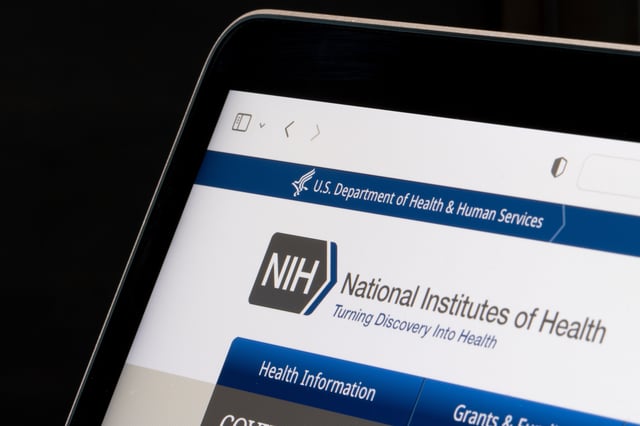Overview
- The NIH announced an immediate reduction in indirect funding for research institutions, capping it at 15%, down from rates that often exceeded 50%.
- The policy change is expected to save $4 billion annually but could disrupt ongoing medical research on cancer, Alzheimer's, and other critical diseases.
- University leaders warn that the cuts jeopardize infrastructure essential for research, including labs, utilities, and animal care, potentially halting projects and threatening jobs.
- Critics argue that the move undermines U.S. scientific innovation and global competitiveness, while supporters claim it redirects funds to direct research costs.
- The abrupt implementation has left universities scrambling to adjust, with some questioning the legality of the change and its long-term impact on American science.



